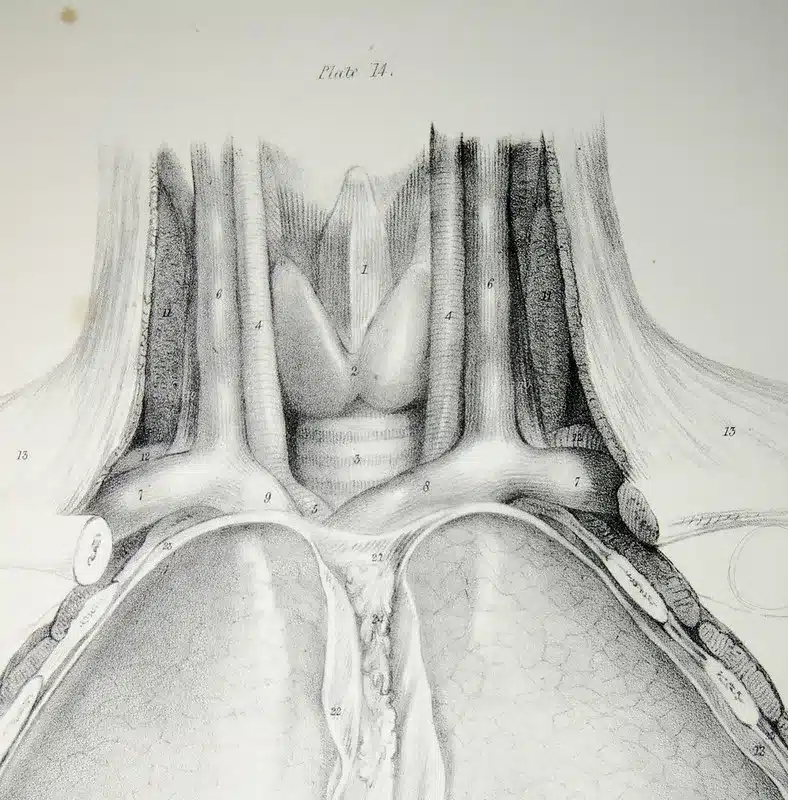Introduction:
The Prolonged Field Care (PFC) training program has revolutionized the face of prehospital care in environments where evacuation to a medical facility is delayed or not possible. Established by the U.S. Special Operations Command (USSOCOM), PFC provides healthcare professionals with the tools and skills to manage casualties for an extended period on the battlefield or other remote settings. This article provides an in-depth look into PFC’s foundation, rich curriculum, and how Battlefield Partners contributes to the training efforts with state-of-the-art solutions for PFC training providers.
Section 1 – The Birth of PFC:
USSOCOM initiated PFC in response to the challenges faced during the prolonged care of casualties in austere environments. The experiences from Iraq and Afghanistan, where evacuation was often delayed for hours or even days, led to the formulation of PFC in 2014[^1^]. PFC was built to address the gap in care when evacuation to definitive care exceeds the “Golden Hour,” a paradigm shift in military medicine.
Section 2 – PFC Curriculum:
The PFC curriculum provides healthcare providers with the knowledge and skills to deliver sustained and effective care to casualties over extended periods. It focuses on topics like:
- Initial Assessment and Resuscitation: Primary and secondary surveys, advanced hemodynamic monitoring, and aggressive resuscitation methods.
- Wound Care and Infection Control: Comprehensive wound management, antibiotic administration, and other infection control measures.
- Pain Management: Utilization of various analgesics and anxiolytics.
- Nutrition: Maintenance of adequate hydration and nutrition.
- Care of the Expectant Casualty: Triage strategies, comfort measures, and psychological support for those unlikely to survive.
- Telemedicine: Usage of technology for remote guidance and consultation.
Section 3 – Skills Acquired through PFC Training:
The training equips participants with crucial skills:
- Extended Casualty Care: Managing casualties over hours to days, addressing challenges such as prolonged analgesia and sedation, infection prevention, and patient monitoring.
- Advanced Medical Interventions: Advanced airway management, chest drainage, and damage control resuscitation.
- Telemedical Communications: Establishing and maintaining effective telemedical communications for guidance and consultation.
- Resource Management: Utilizing available resources efficiently and improvising when necessary.
- Documentation and Reporting: Documenting patient care accurately and communicating relevant information effectively.
Section 4 – Battlefield Partners: Amplifying PFC Training:
Battlefield Partners supports PFC training through various innovative products, offering tourniquet trainers, airway management trainers, wound packing trainers, and dismounted blast injury wearables, including advanced skills trainers like the catheter wearable. Our products create a realistic training environment, enabling healthcare providers to enhance their skills for prolonged field care scenarios.
Section 5 – Conclusion:
PFC provides a comprehensive approach to managing casualties when immediate evacuation is impossible. As PFC continues to shape prehospital trauma care, Battlefield Partners stands at the forefront, supporting this critical training with our cutting-edge products.
Citations:
[^1^]: Keenan, S., Riesberg, J. C., Prolonged Field Care Working Group. (2017). Prolonged Field Care: Beyond the “Golden Hour”. Wilderness & Environmental Medicine, 28(2S), S135-S139.



